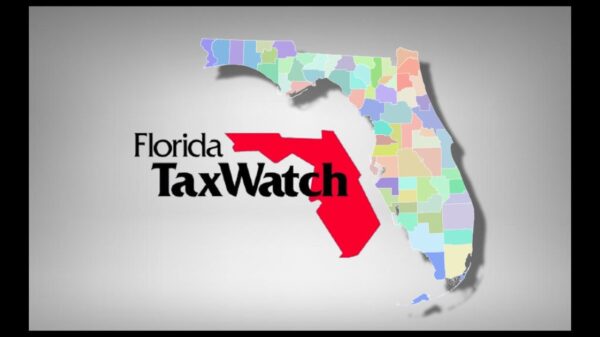On Thursday, Florida TaxWatch (FTW) released “Stronger Families: Protecting Florida’s Vulnerable Populations.”
The report adds to FTW’s extensive research on child welfare-related issues, focusing on how Florida can address challenges that may threaten its ability to continue delivering high-quality care on behalf of its vulnerable residents, particularly foster care youth, at-risk youth, persons in need of behavioral and mental health services, and persons with disabilities.
Florida TaxWatch President and CEO Dominic Calabro weighed in on the report.
“Florida is a national leader in providing for the safety and welfare of its vulnerable residents. By implementing decentralized, privatized systems of care, in which not-for-profit organizations deliver human services at a local level, the state has effectively abandoned the one-size-fits-all strategy and established a sense of local ownership that attracts both new expertise and streams of funding to support ‘the people protecting people’ approach. Ultimately, this strengthens our great state as a whole, but it also creates meaningful value for taxpayers,” he said.
“However, these innovative, locally based systems still face challenges, from staffing shortages to rising operational costs, which is why Florida TaxWatch regularly solicits insight from individuals who intimately understand and are invested in overcoming such issues. In fact, the thoughtful recommendations contained within this report are the product of those collaborative exchanges over time,” Calabro added. “Ultimately, Florida TaxWatch firmly believes local communities are best equipped to serve our most vulnerable families, friends, and neighbors, as well as all taxpayers, and we will remain committed to supporting all stakeholders and policymakers involved in sustaining these operations across the state.”
In the report, FTW outlines five challenges facing these systems of care:
Workforce instability resulting from difficulties retaining and attracting trained professionals, providing fair and competitive compensation and benefits, and maintaining manageable caseloads
Frequent leadership transitions caused by executives retiring or nearing retirement age, which drains institutional knowledge and expertise
A litigious environment, as these organizations are susceptible to lawsuits, many of which may be predatory or malicious and waste taxpayer funds that could otherwise be used to deliver services
Administrative burdens, such as extensive data reporting and accountability measures that are necessary to receive state agency funding
Financial constraints from inadequate resources or bureaucratic funding allocations that do not account for inflation
FTW also provides 11 total recommendations for policymakers to consider in order to address these challenges and sustain the human services organizations’ operations. Among them are:
Appropriating levels of funding sufficient to enable human services organizations to provide reasonable workloads for staff
Affording limited liability to employees of organizations that deliver government services to shield them against exorbitant lawsuits
Revising state agency regulations of services contracted to serve vulnerable families to ensure they are streamlined, efficient, and reduce administrative burdens
Allowing for state agency contracts to be amended when programs should be modified to allow organizations to implement newly evidenced best practices or to accommodate industry trends
When applicable, holding estimating conferences to align organizational funding more accurately to needs





















